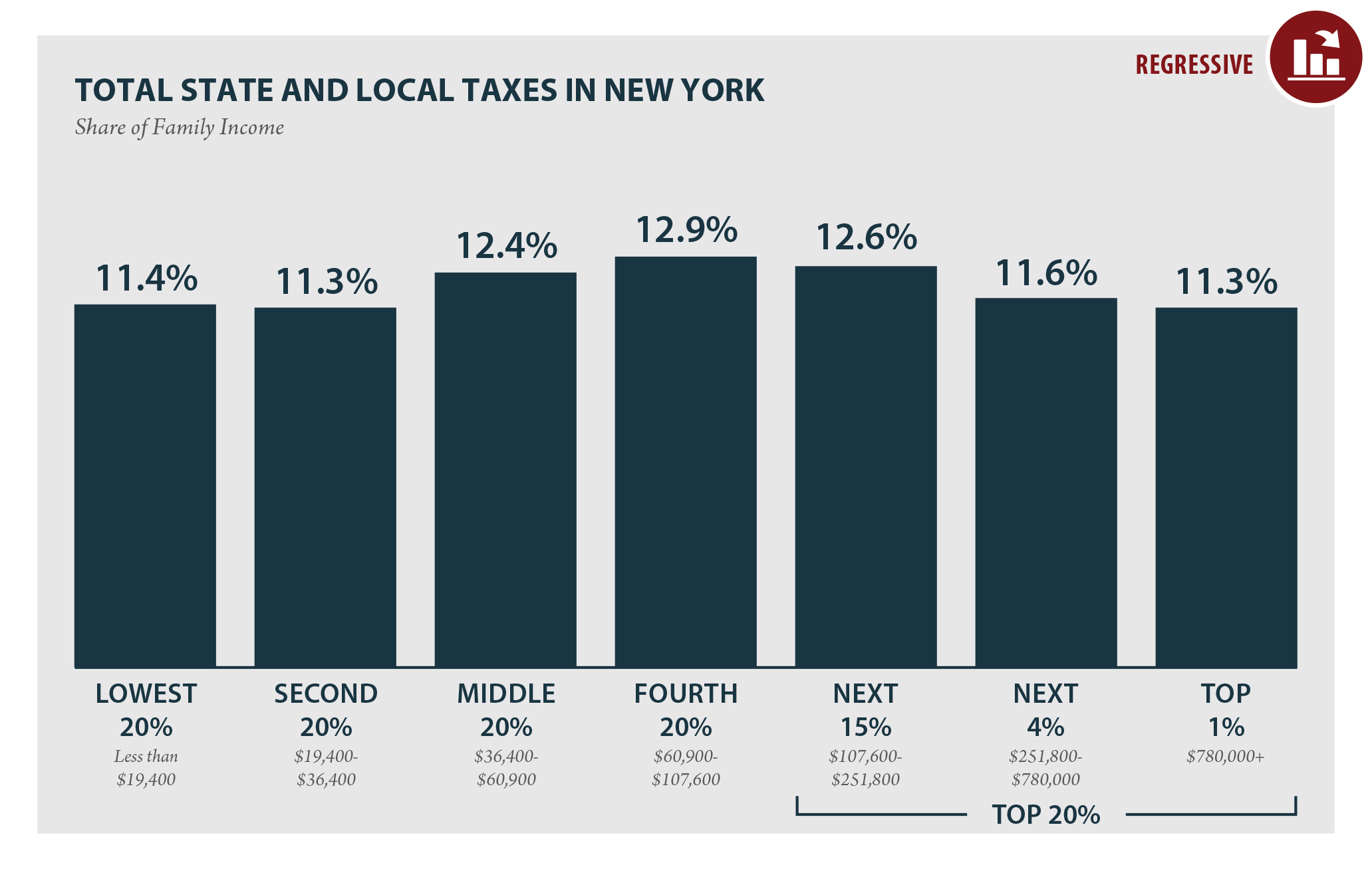Taxes are an essential part of living in New York, influencing both personal finances and business operations. Understanding New York tax rate income is crucial for individuals and enterprises alike. This guide delves deep into the intricacies of New York's income tax system, providing actionable insights to help you manage your financial obligations effectively.
Whether you're a resident, an entrepreneur, or a professional navigating the complexities of taxation, this article aims to provide clarity on New York's tax structure. By the end, you'll have a solid understanding of how income tax rates affect your financial planning and decision-making.
We'll explore the key aspects of New York's tax system, including brackets, deductions, credits, and the latest updates from the New York State Department of Taxation and Finance. Let's dive in!
Read also:Where To Find Caroline Stardew A Complete Guide To Locating Her In Stardew Valley
Table of Contents
- Introduction to New York Tax Rate Income
- Understanding New York Income Tax Brackets
- Deductions and Credits for New Yorkers
- Filing Status Options
- New York Business Tax Rate
- Recent Tax Reforms in New York
- Importance of Tax Compliance
- Useful Resources for Taxpayers
- Frequently Asked Questions
- Conclusion and Call to Action
Introduction to New York Tax Rate Income
New York is renowned for its vibrant economy, but it also comes with a robust tax system. The state's income tax rates are designed to fund essential services, infrastructure, and public programs. Residents and businesses must stay informed about these rates to ensure compliance and optimize their financial strategies.
In 2023, the New York tax rate income structure includes multiple brackets that vary based on income levels and filing status. Understanding these brackets is critical for estimating your tax liability and planning your finances accordingly.
This article will walk you through the fundamentals of New York's income tax system, offering insights into how it impacts individuals and businesses. By the end, you'll have a clearer picture of what to expect when filing your taxes in New York.
Understanding New York Income Tax Brackets
New York employs a progressive tax system, meaning higher income levels are subject to higher tax rates. Below is an overview of the current income tax brackets:
Income Tax Brackets for Individuals
- Taxable income up to $8,600: 4.0% tax rate
- Taxable income between $8,601 and $11,700: 4.5% tax rate
- Taxable income between $11,701 and $13,900: 5.25% tax rate
- Taxable income between $13,901 and $21,800: 5.9% tax rate
- Taxable income above $21,801: higher rates apply
These brackets are adjusted annually for inflation, ensuring fairness and consistency in taxation. For more detailed information, consult the New York State Department of Taxation and Finance website.
Deductions and Credits for New Yorkers
One of the best ways to reduce your taxable income is by taking advantage of deductions and credits offered by New York. Some key deductions include:
Read also:Discovering Neve Obrien A Rising Star In The Entertainment Industry
Standard Deduction
- Single filers: $8,000
- Married filing jointly: $16,000
- Head of household: $11,000
Additionally, New York offers various tax credits, such as the Earned Income Tax Credit (EITC) and Child Tax Credit, which can significantly lower your tax burden.
Filing Status Options
Your filing status determines the tax brackets and deductions you qualify for. Common filing statuses in New York include:
Single
Applicable to individuals who are unmarried or legally separated as of December 31.
Married Filing Jointly
This status offers the most favorable tax brackets and deductions, making it advantageous for married couples.
Head of Household
Available to single taxpayers who maintain a home for a qualifying dependent, offering a higher standard deduction.
Choosing the right filing status can optimize your tax return and minimize your liability.
New York Business Tax Rate
Businesses operating in New York are subject to corporate income tax rates that vary based on their earnings. The standard corporate tax rate is 6.5%, but certain industries and entities may qualify for lower rates or exemptions.
Key Considerations for Businesses
- Pass-through entities like LLCs may benefit from special tax treatments.
- Investigate local tax incentives for startups and small businesses.
- Stay updated on federal and state tax laws affecting businesses.
Consulting a tax professional or accountant can help businesses navigate these complexities effectively.
Recent Tax Reforms in New York
In recent years, New York has implemented several tax reforms aimed at enhancing fairness and supporting economic growth. Key reforms include:
Higher Tax Rates for High-Income Earners
Starting in 2023, individuals earning over $5 million annually face increased tax rates to fund public initiatives.
Expansion of Tax Credits
New York has expanded its EITC to cover more low-income families, ensuring they receive greater financial support.
Stay informed about these changes to ensure compliance and maximize benefits.
Importance of Tax Compliance
Failing to comply with New York's tax laws can result in penalties, interest charges, and legal issues. To avoid these pitfalls, follow these best practices:
Keep Accurate Records
Maintain thorough documentation of your income, expenses, and deductions to simplify the filing process.
File on Time
Submit your tax return by the deadline to avoid late filing penalties.
Seek Professional Assistance
If you're unsure about any aspect of your taxes, consult a certified public accountant (CPA) or tax attorney for guidance.
Compliance not only protects you from legal trouble but also ensures you receive all the benefits and refunds you're entitled to.
Useful Resources for Taxpayers
Accessing reliable information is crucial for managing your taxes effectively. Below are some valuable resources:
New York State Department of Taxation and Finance
This official website provides comprehensive information on state taxes, including forms, instructions, and updates.
Internal Revenue Service (IRS)
The IRS offers guidance on federal taxes, which often intersect with state obligations.
Local Tax Professionals
Engage with local CPAs or tax consultants for personalized advice tailored to your situation.
Utilizing these resources can enhance your understanding and streamline your tax preparation process.
Frequently Asked Questions
Q: What is the New York tax rate for high-income earners?
A: High-income earners in New York face tax rates ranging from 8.82% to 10.90%, depending on their income level.
Q: Can I file my New York taxes online?
A: Yes, New York offers an online filing system through its official website, making the process convenient and efficient.
Q: Are there tax credits for first-time homebuyers in New York?
A: Yes, New York provides several credits and incentives for first-time homebuyers, including property tax exemptions and mortgage assistance programs.
Conclusion and Call to Action
New York tax rate income is a critical component of financial planning for both individuals and businesses. By understanding the tax brackets, deductions, credits, and recent reforms, you can optimize your tax strategy and ensure compliance.
We encourage you to share this article with others who may find it helpful. Leave a comment below if you have any questions or need further clarification. Additionally, explore our other articles for more insights into personal finance and tax management.
Stay informed, stay compliant, and take control of your financial future!


